Implement these strategies to accelerate drug R&D success in the New Year.
2020 was a tough year for everyone, but it was also a landmark year for medical science.
New advances, like Pfizer and Moderna’s innovative mRNA COVID-19 vaccines as well as an emerging option from J&J, hold great promise in the world of drug development. Drug researchers are now using similar technologies for innovative therapies like individualized, mRNA-based cancer vaccines.
While these are exciting times for research scientists and Bio-IT teams, capitalizing on early drug discovery innovation is a growing challenge. The need to improve efficiency and accelerate drug discovery outcomes is greater now than ever before.
Research scientists must now review their IT strategy and audit data-centric workflows. The efficiency with which research laboratories handle large quantities of data can become a bottleneck on the quality of research outcomes. Bio-IT teams have a unique opportunity to identify data analysis gaps, automate manual processes, and leverage emerging technologies to improve research outcomes.
5 Strategies to Improve Research Outcomes for 2021
We’ve identified five steps that research scientists and their IT teams can implement to improve research workflows during early drug discovery. Make data optimization and workflow efficiency a priority now to save valuable time and money without negatively impacting the quality of your data. These strategies will speed up research and development processes without sacrificing their scientific integrity.
1. Review Your IT Infrastructure: Identify Gaps and Opportunities
In order to reach your lab’s full potential, you need to perform a systematic overview of the way you handle data during drug discovery. The goal is to identify time-consuming processes that modern data infrastructure can improve.
Biopharmaceutical research is a cutting-edge industry, but it’s also an industry where adopting new technology can be expensive and difficult to manage. Your Bio-IT team likely faces time-consuming obstacles in at least one process in its overall data structure, and most teams have several areas they could enhance.
There are structural reasons why this is the case. To begin, many scientists are incredibly protective of their data, and rightfully so as it’s the primary currency in the business of science. The result, however, is that they may be more hesitant to change systems that handle and store that data, even if for the better. And if data management standards have not kept pace with best practices—which point to a system where data is findable, accessible, interoperable, and readable—their scientific workflows could be hindered.
Optimized IT infrastructure can help free scientists’ time for high-impact research tasks. Look for opportunities to automate processes that rely on manual data entry and analysis. These are tasks for which emerging technologies generate solid returns by streamlining the lowest-impact processes in the drug discovery workflow.
2. Deploy Emerging Technologies (AI, ML, DL)
Artificial intelligence, machine learning, and deep learning are among the most exciting technologies emerging in today’s world. New advances in these fields are rapidly changing the way data-heavy industries like drug research and development work.
Upgrading your IT infrastructure to incorporate AI, ML, or DL technology is not a simple task. There is no one-size-fits-all approach that is guaranteed to produce optimal results.
Instead, drug researchers and Bio-IT teams need to look for unique, situational opportunities where emerging technologies can generate value. These depend heavily on the way your particular lab is set up, what kind of equipment you use, and how data is handled day-to-day. Contracting a scientific IT consultant can help you identify the processes best-suited to emerging technologies.
3. Optimize Lab Processes and Workflows
It’s common for scientific organizations to focus too intently on physical equipment. But modern drug discovery does not rely on any single tool over all others. Drug research and development is an iterative, collaborative process that requires multiple teams (and their tools) to communicate with one another smoothly.
A truly optimized laboratory environment is one where data can be seamlessly exchanged, processed, and interpreted along the entire biopharma workflow. Data silos and manual data entry need to be replaced by secure systems that enable efficient data-driven decision making and operational excellence.
4. Invest in Scalable Team Support from Qualified Specialists
Your IT needs will grow as your infrastructure expands. The average IT support team doesn’t have the bandwidth to handle the support requests of a biopharmaceutical team and won’t be able to assist with advanced data analysis or your lab’s daily computing needs.
IT support teams must understand how your research IT team handles your technology. This requires an intimate grasp of the unique software your team works with, as well as clear processes for maintaining the integrity of research data.
5. Get Objective Advice From Specialized Consultants
Scientists often over-rely on equipment manufacturers for advice. While it’s true that manufacturers know their products best, they don’t know your laboratory nearly as well nor, are they as familiar with another vendor product. In fact, they have no incentive to understand your laboratory as long as you purchase their equipment.
Get objective advice from a scientific computing consultant who understands your laboratory and the unique environment it represents. This kind of specialized guidance will help you concentrate spending in ways that verifiably improve research outcomes.
Find Out How to Optimize Your Drug Research Processes
Our scientific computing experts will help you identify areas where your laboratory can improve and help you deploy emerging technologies to improve research outcomes. As objective consultants, we aren’t beholden to any particular manufacturers or technologies – we’ll only recommend the providers that best serve your research goals.
By recommending technologies and vendors that will save you time with data entry and analysis; reduce inefficiencies in your workflow, and improve the security and speed of your IT infrastructure, RCH Solutions can help you make faster, more meaningful contributions to the ground-breaking Life Sciences research that advances our world every day.
RCH Solutions is a global provider of computational science expertise, helping Life Sciences and Healthcare firms of all sizes clear the path to discovery for nearly 30 years. If you’re interesting in learning how RCH can support your goals, get in touch with us here.
A few months ago, I shared some of the observations I’ve made while leading a company—a company that exclusively supports R&D in the Life Sciences, no less—through a global pandemic brought upon by a novel virus.
While there’s no doubt the realities of much of what transpired in 2020 presented challenges not yet seen or felt by many in my generation and younger, they also fueled a new type of perseverance; one where even the slightest glimmer of silver was enough to line our conscience and tell us to push forward through the tribulations, no matter how hard they seemed.
And in fact, it was through these toughest of times that I have come to appreciate how meaningful our successes really are, not just from a business perspective, but more importantly, as individuals.
Of all that RCH has accomplished this past year, I think I’m most proud of the fact that RCH’s headcount increased by 58% in 2020. In a time where so many around the world faced the added anxiety of joblessness or financial insecurity, we were not only able to retain our team of incredible professionals, but add to it.
And within that team, it was a year of personal and professional growth. For example, Mohammad Taaha, Senior Systems Engineer, recently earned the AWS Architect Pro Certification. More important is his ability to help the customer implement solutions through his unique blend of technical efficiency and understanding of the needs of R&D I.T. as they evolve to support science initiatives.
Lyndsay Frank, Systems Engineer, has been with RCH for over seven years. During that time, and in the last year especially, she has emerged as a leader thanks to her unique desire—and ability—for problem-solving. With a background in science (Biology) and I.T. (Bioinformatics), she personifies RCH’s unique ability to tackle those most challenging issues faced by research scientists today.
And Mike Wlodarczyk, Account Executive. Mike joined RCH in March of 2020, just as the world was shutting down. In spite of the limitations he experienced in a customer-facing role, his tenacity has proved invaluable, and RCH has experienced significant growth in the Boston area primarily due to Mike’s efforts to support existing customers and expand our relationships within new business as well.
These are just three of the many examples of impressive resilience and determination the members of our team displayed this past year. And for their efforts, RCH earned the ability to expand our business in new ways….
- Like working with existing customers on larger, global-scale scientific computing projects within architecture, engineering, and operations functions.
- Providing more direct services in the areas of data science and data management in the Cloud and on-prem, across multiple organizations from research, manufacturing, customer services, and beyond.
- Stepping in as a thought partner on how to best implement emerging technologies in support of tools for research teams.
- And simply being asked to provide an objective assessment and guidance on existing platforms, applications, workflows, and strategic initiatives as they relate to our experience in scientific computing for Life Sciences organizations of all size and scale across the globe.
In total, our services business increased 52.7% last year, signaling an important shift in the perception of the value RCH delivers. Sure, we can still be the team you call to fix things. But better yet, we’re cementing our role as the team you should call to help establish and implement the right bio-IT strategy the first time around and set your team on the proper path for scale.
As we look at the potential of the year ahead, I feel confident that we will continue to grow as a valuable resource within our industry not only because we provide a very specialized offering to a very specific industry, but also because of our trusted reputation that allows companies to make safe decisions in this uncertain time.
In 2021, we will continue to focus on providing the best support to our customers, with new solution offerings, flexible services delivery, and dedicated resources.
We will continue to create a work environment that breeds success and security, safely, introducing new development, training and certification programs to enhance our team’s skill-set and satisfaction.
And we will continue to be a champion of scientific innovation and the life-saving discovery work our customers are called to deliver.
After a year of such difficulty, there is no greater promise of hope than that which is made possible by the power of scientific innovation. And that will serve is inspiration and motivation for our team, even on the most challenging of days still to come.
RCH Solutions is a global provider of computational science expertise, helping Life Sciences and Healthcare firms of all sizes clear the path to discovery for nearly 30 years. If you’re interesting in learning how RCH can support your goals, get in touch with us here.




